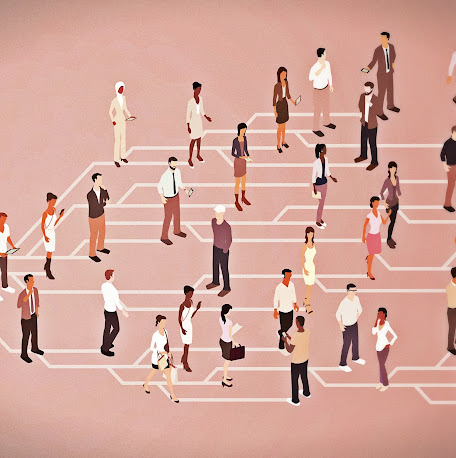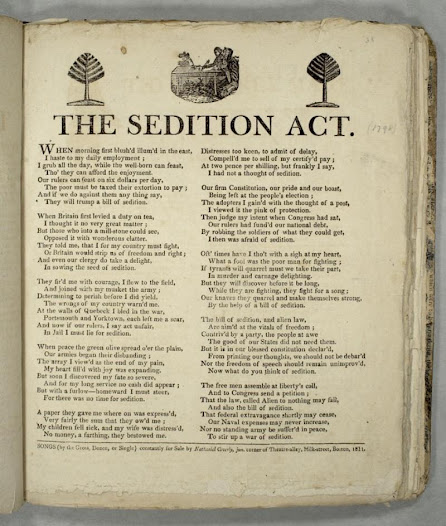Saturday, March 8, 2025
Diffusion of Innovation #8
Friday, March 7, 2025
Progressive Era Blog Post #7
America has survived many time periods of historical conflict or eras. The Progressive Era is one notable era where we begin to see people voicing opinions against the government and being imprisoned for it. We still see some of this in today's time; it's just not as severe as jail. When someone voices an opinion today, there are ways to keep it hidden. Today we will be talking about the progressive era and how that impacted our right to freedom of speech.
The progressive era is most known for the start of World War 1. This war was drastic and changed the course of everyone involved. It caused the deaths of around 11 million people. This war sparked much outrage at the powers leading the war, which led to the deaths of so many people and could have been avoided. War causes people to become vocal about their frustrations.
“Public opinion is becoming shocked and alarmed at the thought that this country could be dragged into the horrors of a general European war, although she has no direct interest in it and is, admittedly, bound by no treaty obligations to take part.” - The Manchester Guardian
People during this time were outraged at the war. Many believed that we had no obligation to fight in it to start with; we were losing our loved ones and had no way to stop it. The only thing people knew how to do was speak out against the entity that involved us in this war, the government.
Of course, the government does not like it when people use their voices to oppose something they are doing. To the government, it is an annoyance to speak your mind. So they decided they were going to combat these annoying protests with severe punishment.
You may be thinking that this can't be possible; that would be against our First Amendment rights. My response would be that you are absolutely correct! However, the government decided to implement new laws, such as the Sedition Act and the Espionage Act.
The Sedition Act was implemented in 1918 and placed heavy restrictions on one's freedom of speech. The Espionage Act of 1917 was reinforced by the Sedition Act, giving the government the authority to punish those who spoke out about events of the time. It restricted the criticism of the government and support for opposing countries and especially punished those who spoke out about the war or the draft.
The most prominent moment in history that showed the gravity of the situation was the moment that Upton Sinclair was dragged off of a stage and arrested for reading the First Amendment; they didn't even let him finish the sentence he was on. This was a direct display of how far the government was willing to go to silence those who went against them. People challenged laws over decades to get confirmation that speech would be protected by the First Amendment. The Supreme Court ruled in 1969 that speech is protected unless it is inciting lawlessness.
Although the Sedition and Espionage Act has not been implemented yet, there are still ways that the government tries to censor people who speak out about their practices. With the increase of information being available at our fingertips, they had to get creative about how they censored people in the current time of 2025.
I want you to take a moment and go to the search engine you use and type in "does the government censor voices." In the search result, it says no. Of course, the government doesn't want you to know you are being censored. When discussing people who speak out against war or the government, it tends to not get as much media attention. Why?
The reason why is still the same as almost 100 years ago. The government does not want people to use their voices to speak out against them. They want everyone to go along with the ideals that people in power tell us are "good" decisions for the future of our government or country. When a lot of information that should be seen is not being promoted. This is now through the use of algorithms.
The First Amendment is one of the most important amendments. It's what gives people their right to have a voice, and to run a country effectively, you have to listen to all of the voices of your people. We see the question of the First Amendment being brought up now with the discussion of TikTok. On TikTok, there is a widespread belief that the government is censoring certain information online that speaks out against current events.
As we can tell, the debate on how far our freedom of speech should be protected will always be a question. The government will never give a clear answer. Throughout history, the First Amendment and its power have been questioned and will probably continue to be. As long as the American people have a voice, they will find a way to censor it. I hope through this post, I opened your eyes to the way the government tries to silence you and encouraged you to not stand for it.









